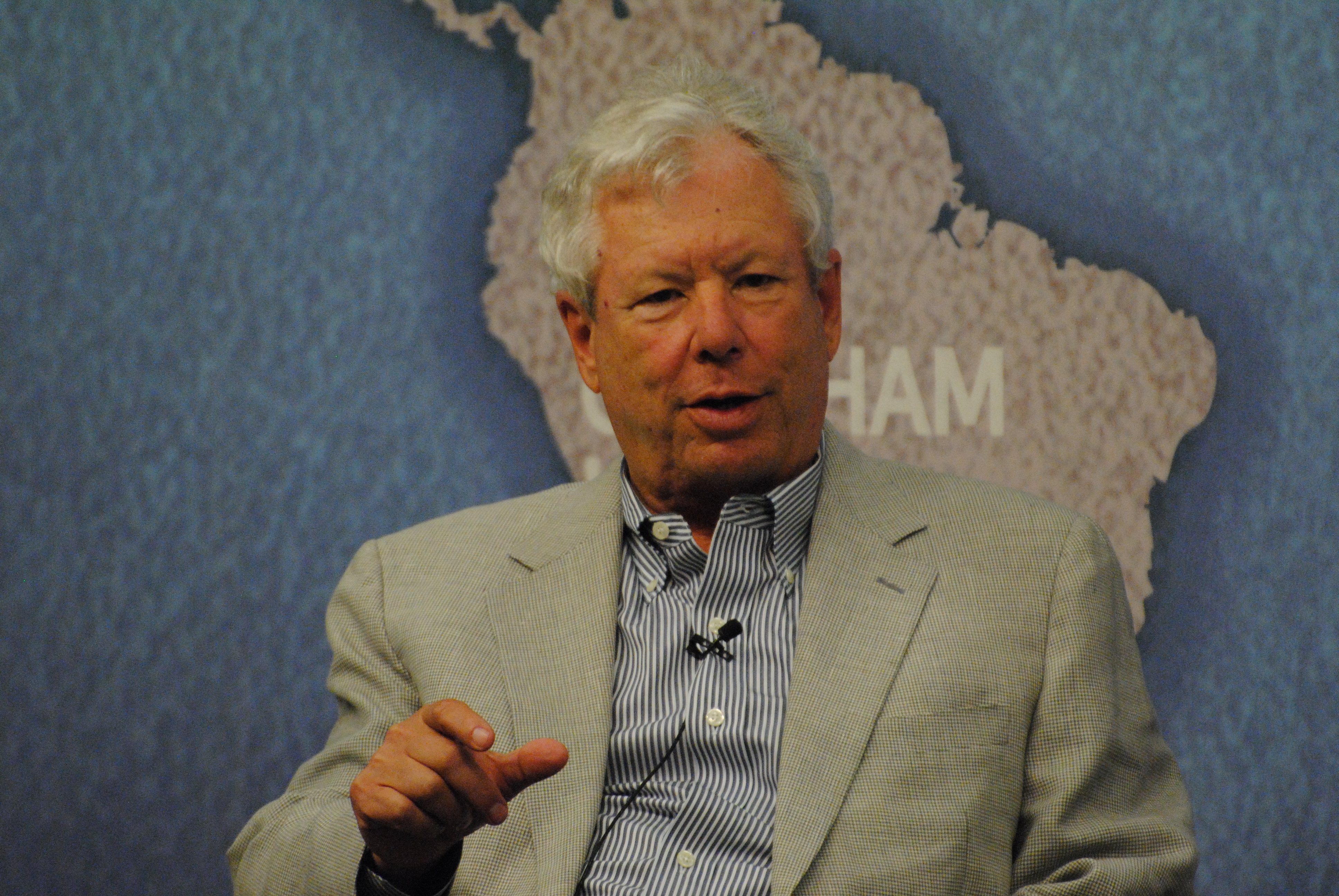
What started out as an intellectually stimulating event has degenerated into a series of shallow performances
Category : big-ideas

What started out as an intellectually stimulating event has degenerated into a series of shallow performances

It looks inevitable technology companies will outrun the theories of the Nobel Prize winner in Economics. And that is a frightening thought

Does God exist? Is eating meat ethical? What about systems like Aadhaar? What about questions like these? A century after Einstein thought a hypothesis to explain the nature of space and time, it stands proven, and has been awarded the Nobel Prize. How may he take these questions on?

We have to deal with complexity—and for that we need space

Daniel Kahneman, grandfather of behavioural economics, talks about how the field came to be and the impact it has had

We live in polarised times. It leaves no room for middle ground. Either you’re good or bad. There is no room for nuance or discourse. What a pity!

A meeting between the state government and the people in Jaipur demonstrates how a little thought to the format of a meeting can make a significant difference

The pro-privacy debate has become an anti-Aadhaar stance. Are we missing the forest for the trees?

Is the current debate in India around privacy misplaced? All evidence suggests it is about the evolution of money and the need for a uniform identity

Apparently, there is a battle raging between Indian liberals and orthodox forces. Unfortunately, much like unicorns and pink fairies, the Indian liberal is a myth
Editors Picks
Latest